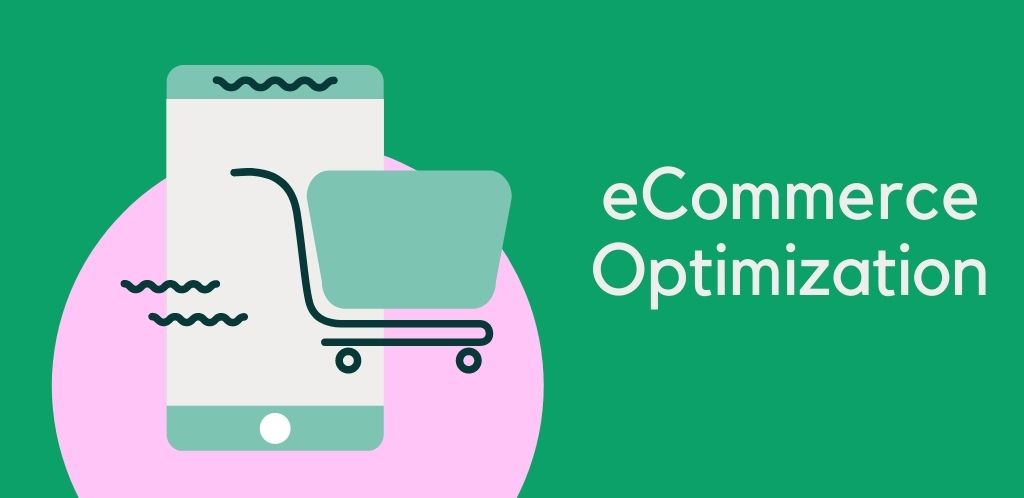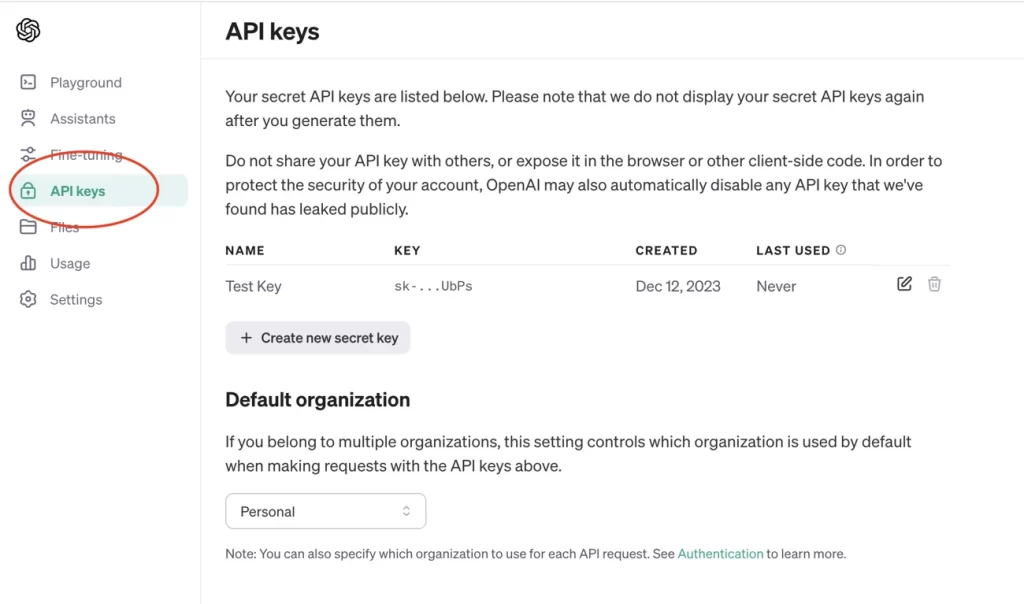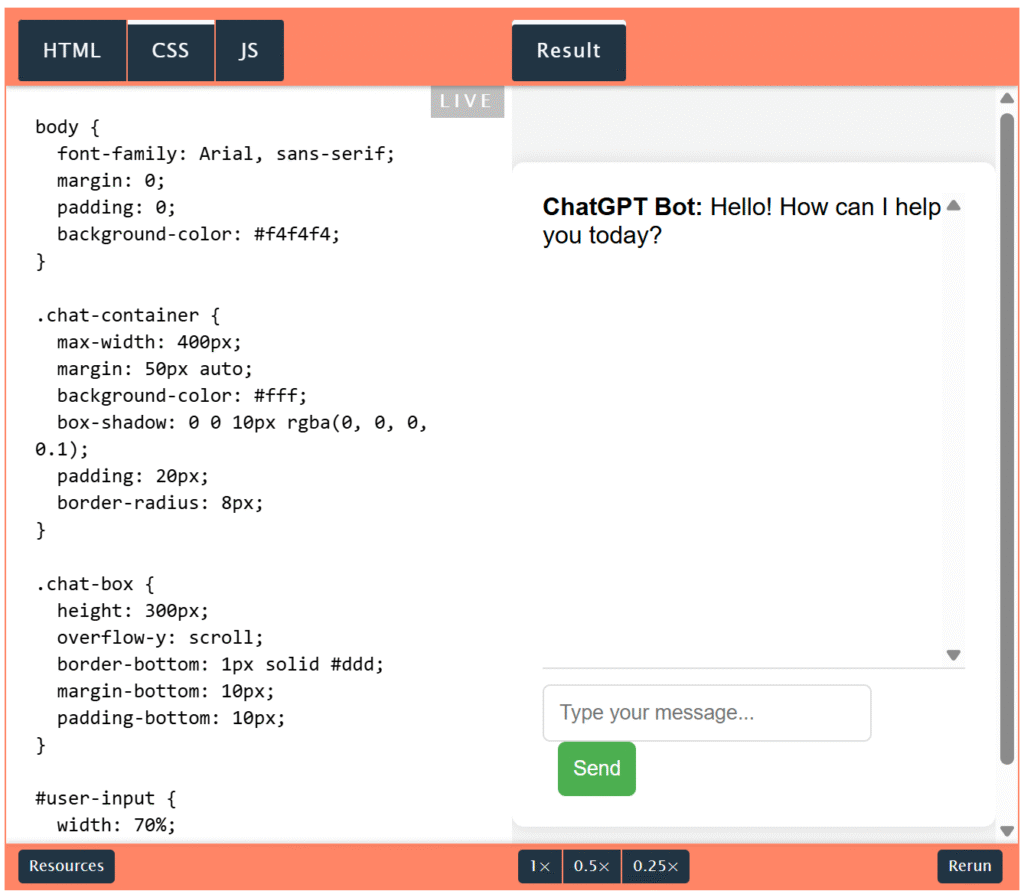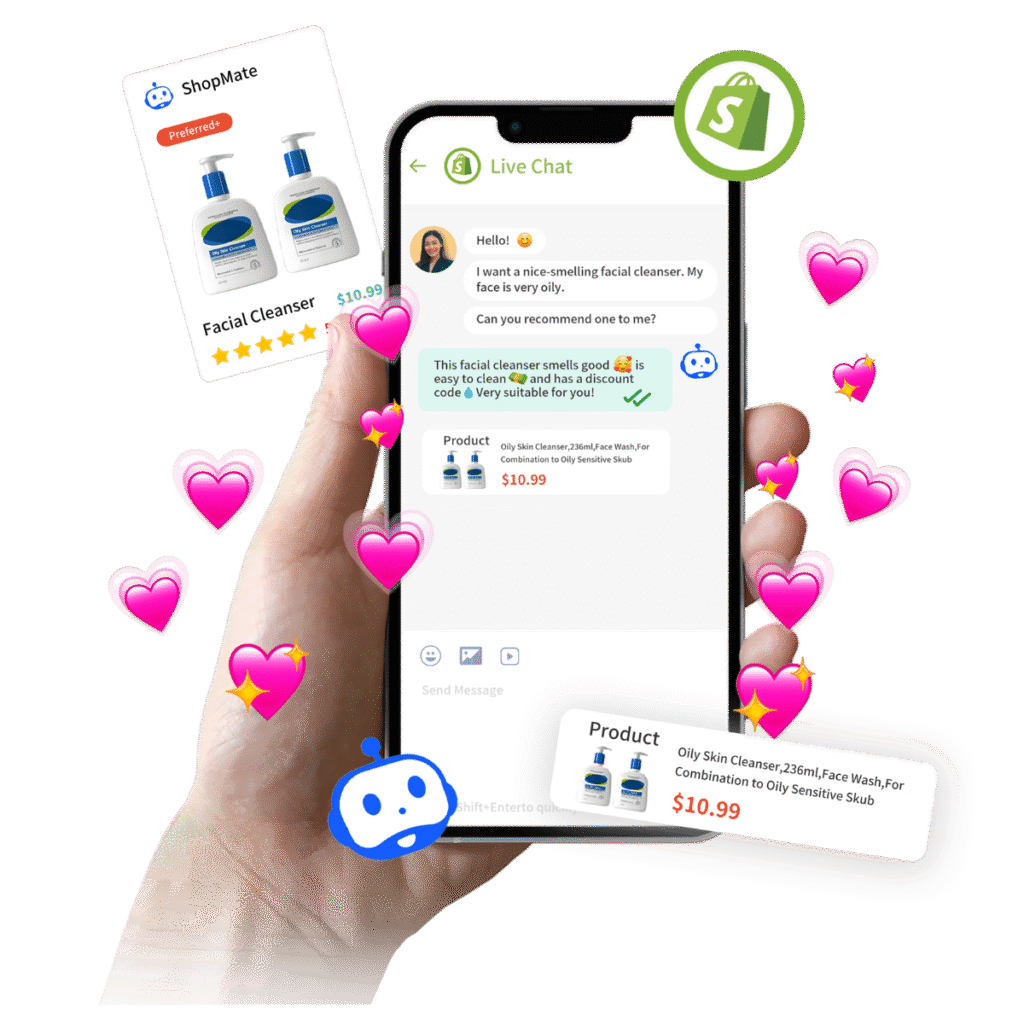If you run an e-commerce store, learning how to use AI technology to stay competitive is no longer optional. Whether you’re looking to improve website engagement or streamline repetitive customer service tasks, AI offers powerful solutions.
ChatGPT can be widely applied in e-commerce scenarios such as customer support, product recommendations, and content creation. That’s why learning how to integrate ChatGPT into your website is both necessary and important.
This article will walk you through ChatGPT’s key advantages, how to leverage it for your e-commerce business, and a step-by-step guide to integrating it into your online store!
Ⅰ. Why Apply ChatGPT?
ChatGPT is an AI system developed by OpenAI and based on large language models (LLMs). In simple terms, it can understand questions and context much like a human. Unlike traditional keyword-based bots, ChatGPT supports multi-turn conversations, remembers dialogue history, and generates content with high fluency and accuracy.
Even better, it’s constantly improving. The latest GPT-4 version, compared to the 2022 release, offers significant upgrades in speed, multimodal capabilities (including text, image, and audio), personalization, and new use cases, such as programming. ChatGPT is evolving rapidly, and its impact on society is widely recognized. It’s hard to imagine what surprises it will bring in the future.
Moreover, ChatGPT offers an API. An API is a standardized interface that allows third parties to access software functions or data. This is the foundation for integrating ChatGPT into your website.
If you’re not from a technical background, think of it like “hiring” ChatGPT as a team member to help you handle tasks. So, what can it do in e-commerce? We’ll cover that in detail shortly.
Ⅱ. 5 Key Benefits of ChatGPT for E-Commerce Websites
Instant Responses
Users no longer have to wait for a human agent to reply. During holidays, peak hours, or time zone differences, ChatGPT offers 24/7 instant service, improving customer satisfaction.
Content Generation
ChatGPT can quickly generate product descriptions, blog content, promotional slogans, and more at scale.
Scalability
As your site traffic grows from dozens to thousands of users, a human support team may struggle. ChatGPT handles scale effortlessly, improving efficiency and reducing hiring costs.
Personalization
Shoppers now expect personalized service. ChatGPT can identify customer needs and offer tailored responses or product suggestions based on browsing or cart history.
Low Cost
ChatGPT can automate 80 %+ of common inquiries, allowing human agents to focus on high-value or complex issues. This creates a powerful AI-human support synergy.

Ⅲ. Where to Integrate ChatGPT for E-commerce?
Integrating ChatGPT can boost productivity, improve user experience, and deliver smart, instant answers. Where exactly can you place it?
- Website Navigation and Interactive Guidance: Embed ChatGPT in your site search or floating window to help users navigate categories, find deals, register accounts, or contact support.
- Homepage: Place ChatGPT prominently on the homepage to act as a greeter and guide users through your site.
- Contact Us Page: Add it here to help users find solutions before submitting a ticket.
- Product Pages: Use a chat widget or highlight box to offer more product details, helping users make quicker decisions.
- Blog or Knowledge Base: Embed ChatGPT in these pages for an interactive learning experience.
- Checkout Process: Add it during checkout to answer last-minute questions and reduce cart abandonment.
Ⅳ. 6 Steps to Add ChatGPT to Your Website
Now that you understand the benefits and possible applications, you might want to integrate ChatGPT into your web or mobile app. This process requires some technical skills. If you or your team can handle basic development, here’s how to get started:
Step 1: Create an OpenAI Account and Get an API Key
Visit the OpenAI website, sign up, and follow the steps to generate a new API key. This key connects your website with ChatGPT for communication and data exchange. Store it securely—it’s essential for authentication.

Step 2: Connect to API
This includes fetching the API key, setting up authentication, and writing code to send requests to the ChatGPT API endpoint.
Note: The API is not free. Choose a pricing tier based on your business needs. Check OpenAI pricing.
Step 3: Build the Chat Interface
You’ll need a user-friendly frontend. Use ready-made components (like React Chat UI) or create a simple UI with HTML/CSS/JavaScript for desktop. For mobile apps, use Swift or Kotlin. Don’t forget to add a button to send messages to the backend.

Step 4: Set Up the Backend
Use Node.js, Python, or another backend language to build a server that handles requests between your frontend and the OpenAI API.

💡If these steps feel overwhelming, don’t worry—skip ahead to the final section for a free no-code option!
Step 5: Configure your GPT
Customize tone (friendly/formal), max response length, and other preferences.
Step 6: Test and Launch
Finally, test the chatbot for speed, accuracy, and content filtering. Once satisfied, deploy it and continue optimizing.
⚠️ Important Notes
- OpenAI API charges based on usage. Heavy use may incur ongoing costs.
- You must handle security and data privacy, especially for user accounts and payment details.
- Some technical expertise is required. Non-developers are advised not to attempt this alone.
Ⅴ. No-Code, Free AI Chatbot Alternative
While integrating ChatGPT offers many benefits, it may not be ideal for small to mid-sized sellers with limited tech resources or budget. In that case, a free, plug-and-play chatbot tool may be the smarter choice.
We recommend [ShopMate], a free AI shopping assistant designed specifically for e-commerce sellers. ShopMate delivers top-tier customer support with 24/7 automation, full shopping guidance, and support for 47+ major languages.
✅ Why Choose ShopMate?
- Powered by ChatGPT-4o with no API fees
- Zero technical requirements: install in 5 easy steps, no coding needed
- Fully free with comprehensive features, continuously upgraded
- Compatible with Shopify, WooCommerce, and other popular e-commerce platforms

Whether you sell beauty, fitness, fashion, or pet products, ShopMate helps you instantly enable smart customer support and personalized shopping, boosting satisfaction and conversion rates!
Want to Learn More?
How to make ChatGPT recommend my products?




